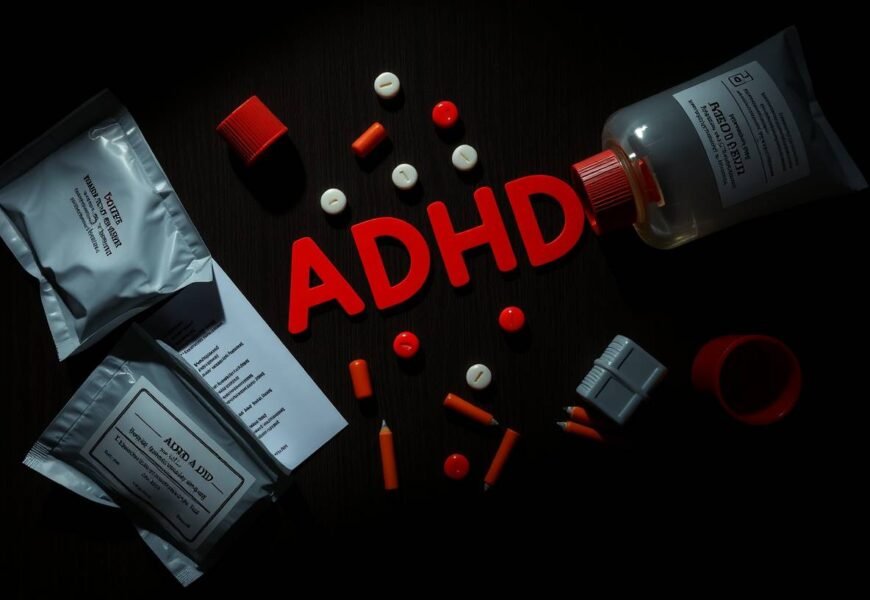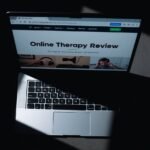ADHD treatments can reshape daily life, relationships, and self-perception. Over 6.1 million children in the U.S. have been diagnosed with ADHD, according to the CDC, and countless adults navigate its challenges too. If your mind drifts during conversations or you struggle to stay organized, these symptoms might sound familiar. Fortunately, effective solutions exist. This article explores 10 expert-backed ADHD treatments designed to enhance focus, emotional balance, and overall well-being, offering hope and practical steps for lasting change.
Understanding ADHD: More Than Meets the Eye
ADHD, or Attention Deficit Hyperactivity Disorder, goes beyond occasional distraction or restlessness. It’s a neurodevelopmental condition affecting attention, impulse control, and executive functioning. Symptoms vary widely, from difficulty sustaining focus to managing emotions or hyperactivity in quiet settings, as noted by the National Institute of Mental Health. These complexities can disrupt work, relationships, and personal goals, making tailored ADHD treatments essential.
Finding the right approach starts with consulting a professional who grasps the full scope of ADHD. Experts often adopt a biopsychosocial model, addressing biological roots like genetics, psychological factors such as stress responses, and social influences including family dynamics. This comprehensive view ensures treatments align with individual needs, paving the way for meaningful improvement.
Why a Holistic Strategy Matters
Effective ADHD treatments consider the whole person, not just isolated symptoms. The condition impacts relationships, career paths, and daily routines, so a one-size-fits-all fix won’t suffice. Combining medical, psychological, and lifestyle adjustments creates a balanced plan that enhances quality of life. By addressing multiple angles, individuals gain tools to manage challenges and nurture their strengths.
10 Proven ADHD Treatments to Explore
1. Medication Management
Medications like stimulants (Adderall, Ritalin) or non-stimulants are among the most recognized ADHD treatments. They boost neurotransmitters critical for focus and impulse control. However, finding the right type and dosage requires patience and regular check-ins with a specialist. Adjustments ensure benefits outweigh side effects, making this a cornerstone for many.
2. Cognitive Behavioral Therapy (CBT)
CBT helps rewire negative thought patterns and build practical skills. For example, transforming “I’ll always be late” into “I can plan ahead with reminders” fosters progress. This therapy equips individuals to handle emotional ups and downs and improve time management, offering lasting benefits alongside other ADHD treatments.
3. Mindfulness Practices
Mindfulness, including meditation or deep breathing, sharpens focus and calms the mind. Studies show it reduces ADHD-related stress and enhances emotional regulation. Starting with five minutes daily can lead to clearer thinking and better interactions, making it a simple yet powerful addition to any treatment plan.
4. Building Routines
Routines create stability, a vital need for those with ADHD. Visual aids like schedules or task lists break responsibilities into digestible steps. Completing each segment builds momentum and confidence, especially for kids, though adults benefit too. Consistency turns chaos into order over time.
5. Exercise for Mind and Body
Physical activity boosts dopamine and serotonin, chemicals that aid concentration and mood. Whether it’s a brisk walk, yoga, or team sports, regular movement complements other ADHD treatments. Even 30 minutes daily can lift spirits and sharpen attention, enhancing overall functioning.
6. Nutritional Support
Diet plays a role in brain health. Research links high sugar intake to worsened ADHD symptoms, while omega-3s, whole grains, and fresh produce may help. A nutritionist familiar with ADHD can craft a plan to support focus and energy, reinforcing other treatment efforts.
7. Prioritizing Sleep
Quality sleep directly influences attention and mood. A consistent bedtime routine, limited screen time, and a calm environment improve rest. For those with ADHD, better sleep translates to clearer thinking and steadier emotions throughout the day.
8. Social Skills Development
Navigating social settings can be tricky with ADHD. Training in conversation skills, emotional cues, and self-regulation builds confidence. Stronger connections with friends or family often follow, enriching life and reducing isolation.
9. Support Networks
Connecting with others who understand ADHD offers encouragement and fresh ideas. In-person or online groups provide a space to share struggles and successes. This sense of community can deepen empathy within families and inspire new coping strategies.
10. Learning Resources
Books, podcasts, and workshops deliver actionable insights. Stories from others with ADHD spark motivation and highlight unique strengths. These tools empower individuals to see their condition as a source of potential, not just a hurdle.
Stories of Transformation
Sarah’s Success: At 32, Sarah, a marketing professional, battled deadlines and overwhelm. After starting medication and CBT with a specialist, she broke tasks into steps and used reminders. Today, she thrives at work and supports her team with her strategies.
Mark’s Mindful Shift: Diagnosed at 25, college student Mark felt adrift. Mindfulness, beginning with short breathing exercises, improved his focus and emotional clarity. Now, he guides peers in meditation, turning challenges into leadership.
Overcoming Common Hurdles
Stigma often labels ADHD as laziness, creating misunderstandings. Education for individuals and loved ones counters this, fostering patience and open dialogue. Meanwhile, adapting to new routines or treatments can feel daunting. Support from family or professionals eases transitions, ensuring steady progress.
When to Seek Guidance
If symptoms intensify or old methods lose impact, consulting a professional is wise. Revisiting ADHD treatments with an expert keeps you on course. Asking for help reflects strength and commitment to growth, not defeat.
Embracing the Journey
Living with ADHD presents challenges, but it’s far from unmanageable. These 10 expert-approved ADHD treatments provide a roadmap to better days, tailored to individual paths. With persistence, support, and the right tools, people with ADHD can unlock their potential, enrich relationships, and enjoy a fulfilling life. Each step forward is a testament to resilience and the promise of transformation.














